What to Expect
At KVH Hospital, we believe each birth is a unique and personal experience. With a highly skilled team of physicians, nurses, and other health professionals, the Family Birthing Place provides a safe, comfortable, family-centered maternity care environment.
You should expect from your birth experience:
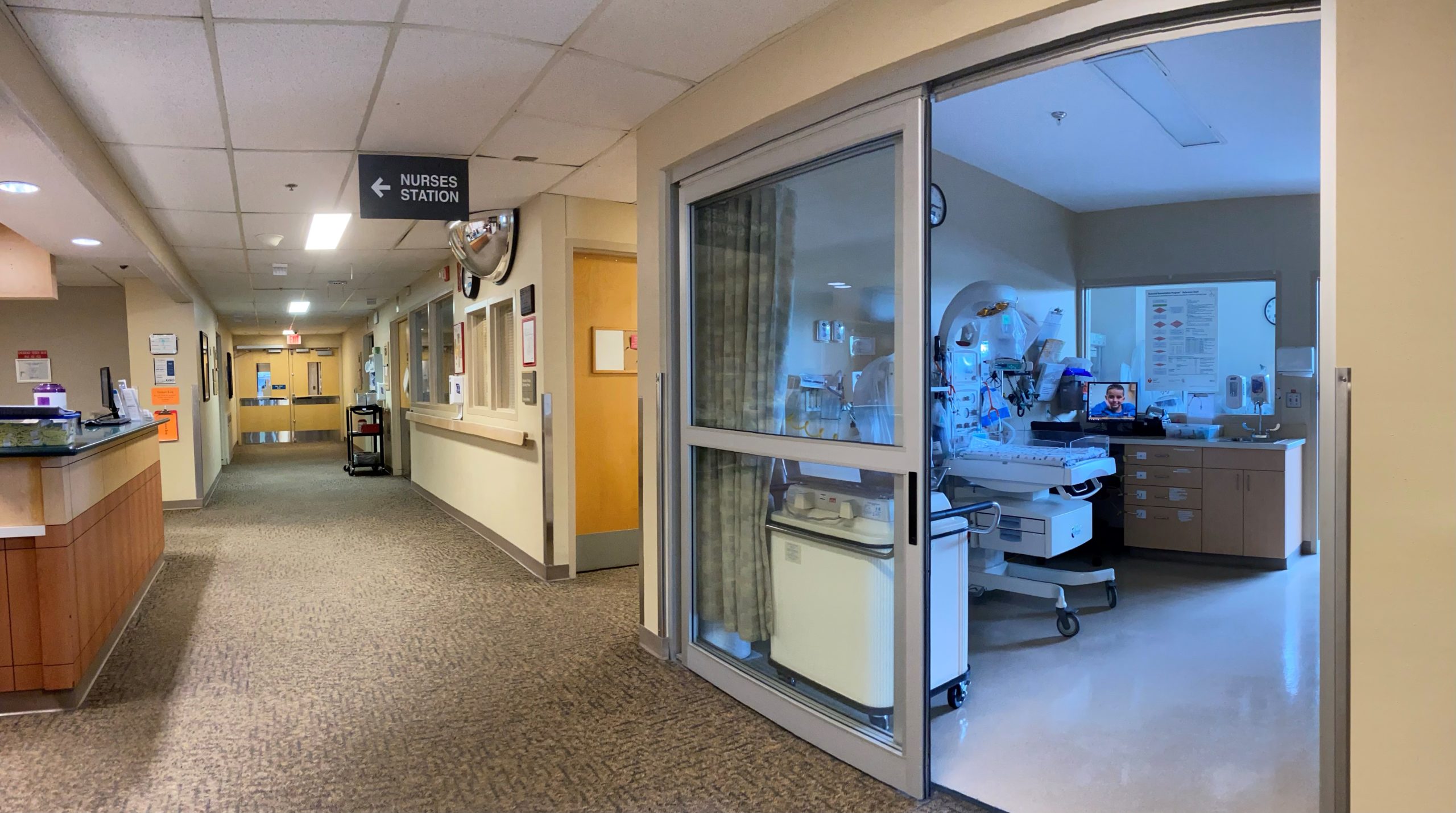
We look forward to caring for you and your family. Please don’t hesitate to contact us if you have any questions or concerns, 509-962-7328. A registered nurse is available 24 hours a day.
Birth plans can be a great way to discuss your preferences with your healthcare team. We suggest you start this discussion with your provider during office visits before your delivery. We have put together some tips for writing a birth plan. We hope this helps lay the groundwork for a satisfying birth experience!
Educating yourself about what is happening during childbirth will increase your confidence and sense of safety during labor.
Collaborate with your healthcare team and share in the decision-making process. Your voice and opinion matters to us. Ask questions and engage your nurses and providers in a dialogue about your care.
When a test, treatment, or intervention is recommended, learn how it works and then ask:
It can be overwhelming to think of the right questions to ask in the moment when confronted with a healthcare issue. Download this wallet-sized card (PDF) to help you with informed consent.
Statistics show black and brown women are experiencing significantly higher pregnancy-related mortality and infant mortality across the nation. KVH is working to address this crisis by bringing awareness, educating our staff and engaging with patients to identify and reduce factors that contribute to maternal and infant mortality. Learn more about how we can work together to reduce black maternal mortality.
Irth helps black and brown women and birthing people have an empowered pregnancy and parenting experience by allowing you to see how other parents of color experienced care at a doctor’s office or hospital. Those collective experiences are turned into meaningful data to push for change within health systems.
Visit our COVID-19 page for more information on the virus and Kittitas Valley Healthcare’s response.
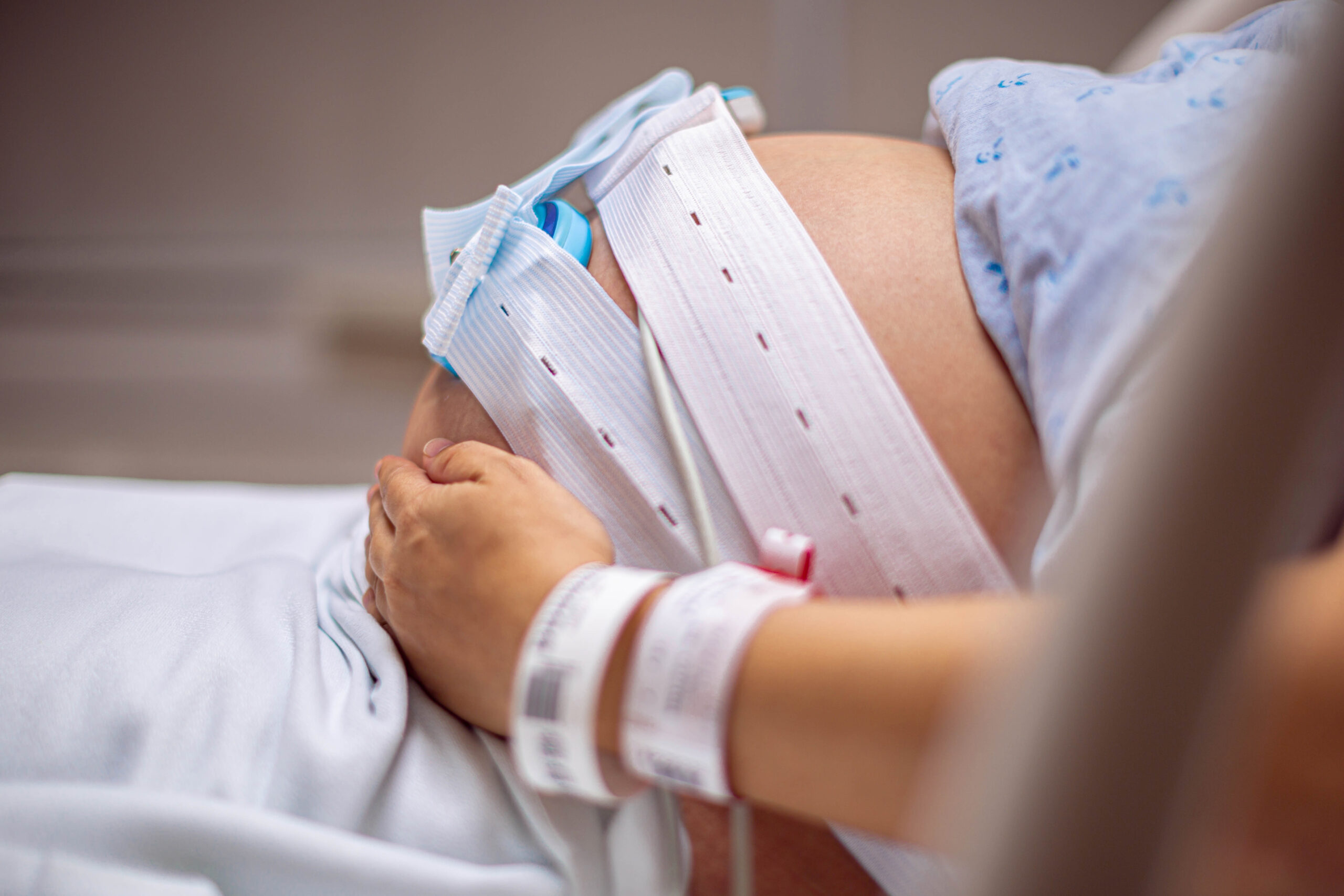
Preparing for the Hospital
Mothers are encouraged to have support during labor, delivery and postpartum. Check our website for the most current visitation guidelines.
KVH has 24-hour on site security.
The Family Birthing Place is a locked unit. After delivery your infant will remain in the room with you and wear a security bracelet on their ankle.
We want you to feel comfortable during your stay at the Family Birthing Place. Here are some ideas of things to bring with you:
Don’t worry if you forget to pack something. We have all the essentials here at KVH!
KVH participates in the Blue Band Initiative which is a statewide project to improve awareness, recognition and management of preeclampsia.
Preeclampsia is a serious condition that involves developing high blood pressure during pregnancy and following childbirth. Women at risk for preeclampsia will be asked to wear a blue medical alert bracelet. KVH will provide blood pressure cuffs, support, and education for at home monitoring.
Blood Pressure Home Monitoring Log
Learn More
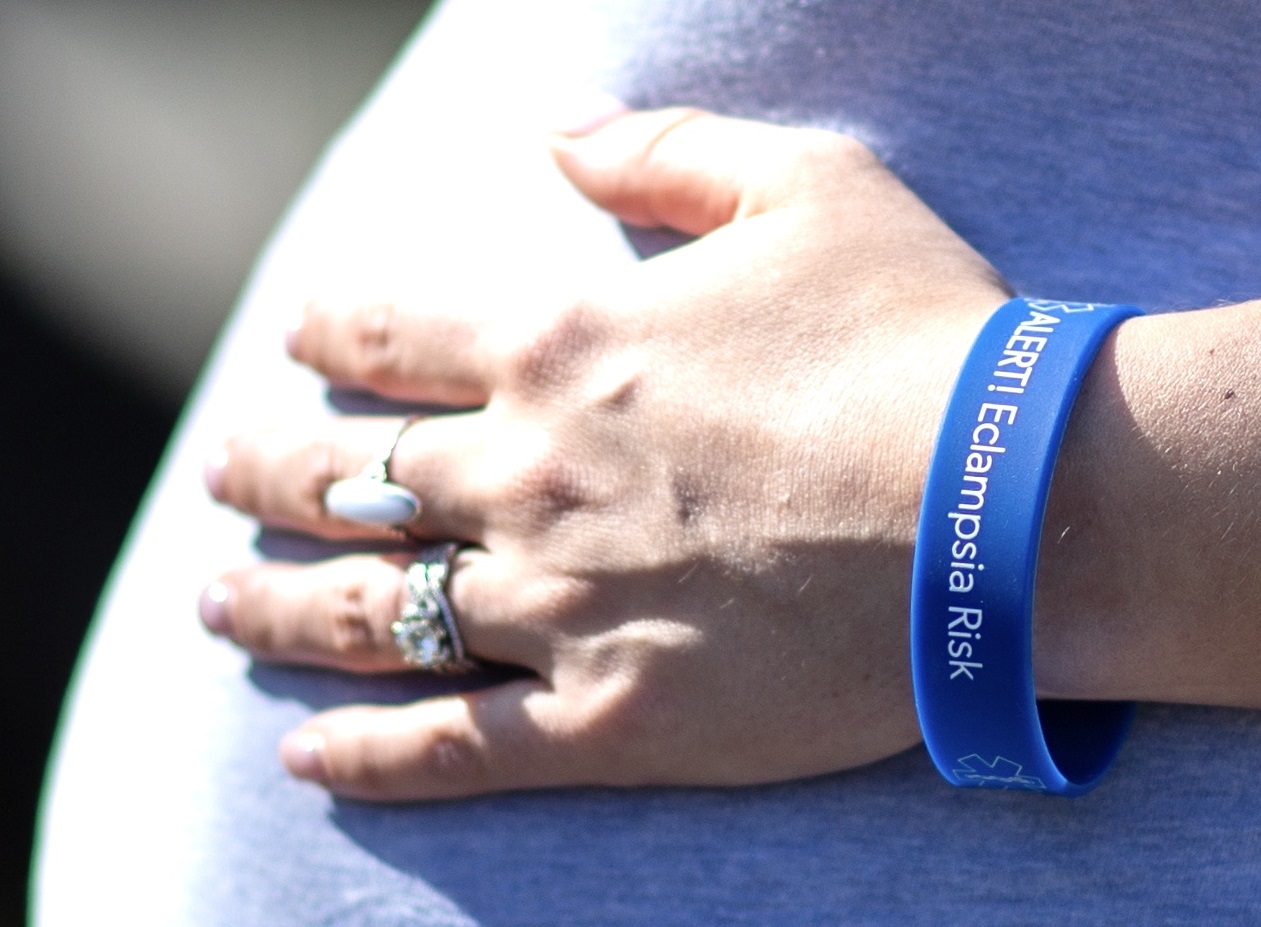
Alert Band
The blue band’s message is bilingual, with English on one side and Spanish on the other
Like most hospitals in Washington State, we limit audio and video recording in the hospital. You are welcome to record your labor in the privacy of your own hospital room. Video recording is not permitted during procedures or delivery. You may begin recording again after delivery, with your provider’s permission.
To support the privacy of other patients and families, recording is not allowed outside of your private room, including the operating room or family waiting area.
Please discuss your desire to record your labor with your healthcare team when you are admitted to the hospital. Other restrictions on recording may apply.
Hospital meals are provided for patients only. During your stay with us, we want you to feel at home. That includes having choices about what you eat:
Your support person is welcome to visit the Café, where they can buy food and bring their meal back to your room. When admitted for labor, a mother’s support person will be provided with three meal vouchers to purchase food in the Café. Near the Café entrance, vending machines offer drinks, snacks and entrées.
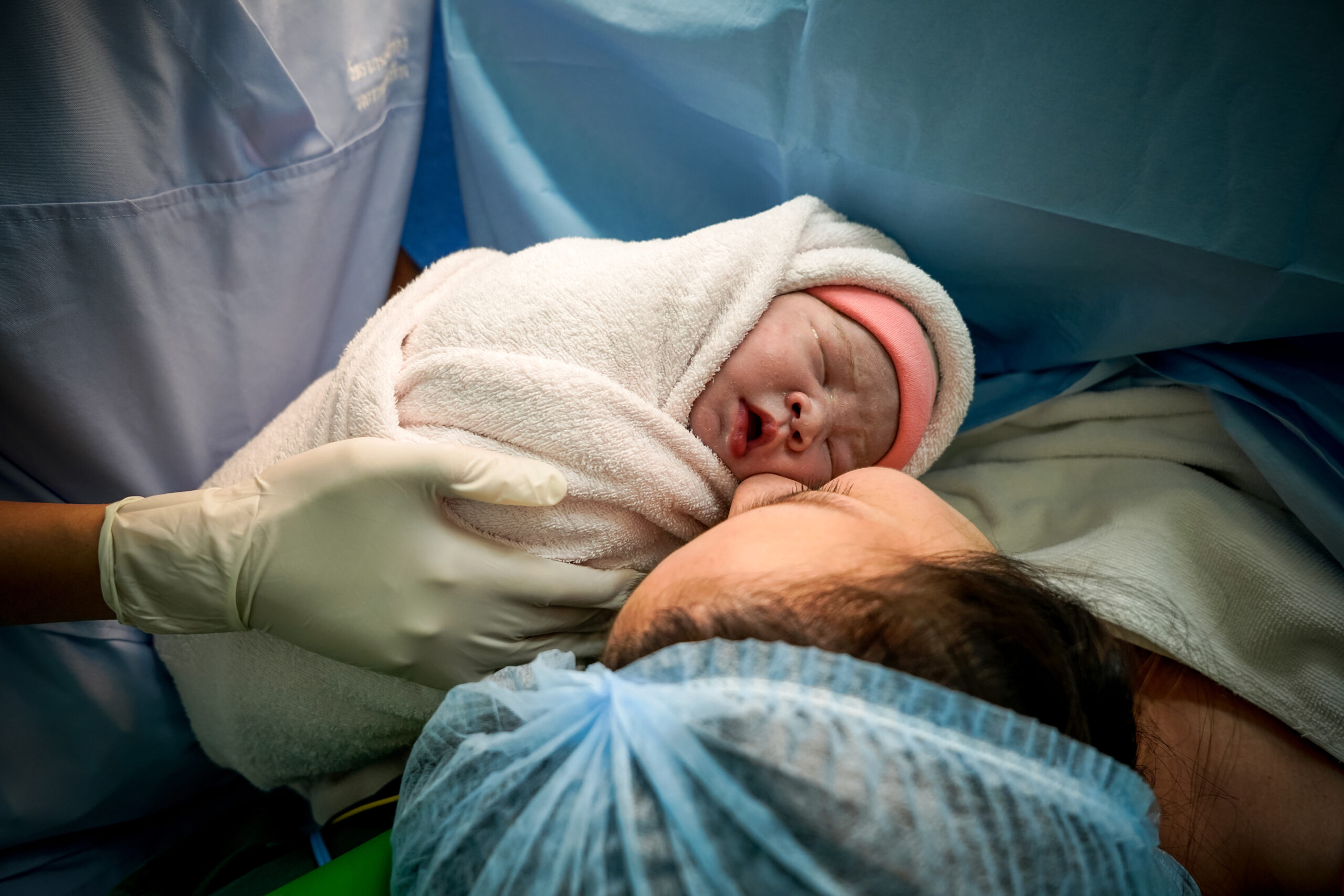
Labor & Birth
If an induction of labor is necessary, your provider’s office will schedule a tentative appointment for you at the Family Birthing Place. We’ll call you 24-48 hours before the scheduled date to discuss your appointment and answer any questions.
If your induction is postponed, we will contact you to discuss details and next steps.
In the case of a cesarean birth, whether planned or unexpected, these are some of the steps we have taken at the Family Birthing Place to help make your birth a positive, family-centered experience.
If you or your baby require high-risk obstetrical or newborn care you may be transferred to another facility. If your baby requires a Neonatal Intensive Care Unit (NICU) they will be transported by Life Flight or Airlift NW.
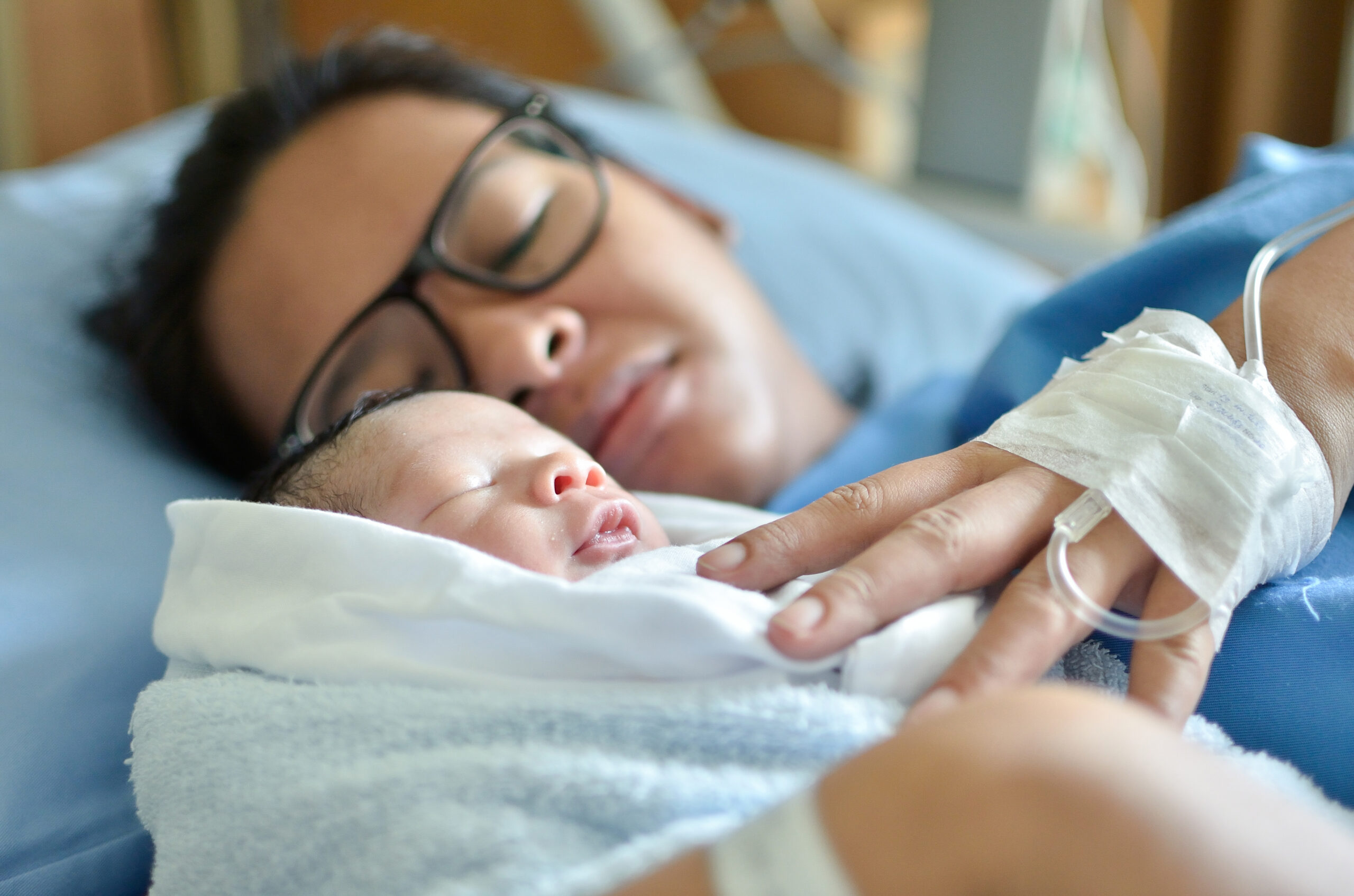
Postpartum & Newborn Care
24 Hour Rooming-In / Mothers and babies belong together. We will support you in caring for your infant in your room to increase your confidence with newborn care. Keeping your baby in close proximity during your entire postpartum hospital stay is recommended by leading organizations including the American Congress of Obstetricians and Gynecologists (ACOG), the American Academy of Pediatrics (AAP), and the World Health Organization (WHO).
Newborn Baths
We recommend delaying the newborn bath for 24 hours. Research has shown this supports breastfeeding mothers and helps your baby to stabilize their blood sugar and temperature.
Newborn Medications
These medications are routinely administered after birth. Please ask your healthcare provider if you have any questions or concerns.
We support your right to make choices about your newborn’s care. You will be asked to sign an informed consent form if you would like to decline one of these medications.
Newborn Testing
Several newborn screening tests will be done prior to discharge. If these conditions are detected early in a baby’s life, many or all of their complications can be prevented. Tests include:
KVH is designated Breastfeeding Friendly by the Washington State Department of Health. We are proud to provide lactation support free of charge as a public health service to the families in our community. Our goal is that every mother has the information and support she needs to feel confident feeding her new baby. To schedule a prenatal consultation contact Lactation Services at 509-962-7388.
The WHO recommends giving only breastmilk to your baby for the first 6 months and continuing to breastfeed for 2 years or beyond.
Obstetric nurses have specialized training to help you initiate breastfeeding as soon as possible after birth and to help troubleshoot common breastfeeding issues. You will have on-going access to an International Board Certified Lactation Consultant (IBCLC) to provide guidance in the clinical management of breastfeeding.
To support moms who need or choose to formula feed their babies, we supply infant formula in ready-to-feed bottles. We will provide guidance on paced bottle feeding techniques and safe preparation of infant formula.
The 4th Trimester Resource Center provides focused attention on mothers and infants during the postpartum period for timely education, care and assistance. We are committed to continuing to serve your family as you transition into your 4th Trimester.
Click here to learn more about Postpartum Follow-Through Care at KVH.
If you are experiencing any degree of pelvic floor dysfunction be sure to communicate with your care provider. Physical therapy may be an option for you to regain strength in your pelvic floor following pregnancy and childbirth.
Learn more about pelvic floor dysfunction.
Important Information about 3rd or 4th Degree Perineal Injury
After a 3rd or 4th degree perineal injury there are ways to facilitate healing and some things to watch for to report to your care provider. Please review this information with your support persons. As always, do not hesitate to ask your care provider about concerns you have about your health and healing process.
Right after birth:
- Keeping ice packs on your perineum can help to ease pain and reduce swelling. It is recommended that you do this for at least the first 24-48 hours after birth.
- Keep your perineal area clean by using your perineal squirt bottle filled with only warm water to squirt front to back with every void or bowel movement. In addition, after cleaning, pat your perineum with toilet paper (not wipe) and change your perineal pads every 4 to 6 hours (and/or with every void or bowel movement).
- You may find pain medication helpful and may need it for several days after birth. If the pain medication prescribed does not take care of the pain, alert your care provider.
- You will be given a topical numbing spray that you can apply every time you care for your perineum. You will also be given witch hazel pads to place against your perineum that will help to soothe and reduce inflammation.
- Prior to going home your care provider will give you a referral for a pelvic floor physical therapy consult. It is important to schedule you’re an appointment for at least 3 weeks after your birth.
Notify your care provider if you notice:
- Unusual swelling (after the first 2 days)
- Pain or redness
- Discharge other than lochia (normal after birth period-like bleeding)
- Unpleasant odor
- Any problems passing bowel movements
- Any trouble/pain with urinating
In the first week(s) after birth
- If the anal area was involved in the laceration, a low fiber diet is recommended for the first few days to prevent a large bowel movement which could strain stitches and be uncomfortable.
- You will be prescribed a stool softener and should take them as recommended and drink at least 8 glasses of water per day. – After the first few days, a high fiber diet will be suggested to help you pass soft, easily expelled stools. If you are ordinarily prone to constipation, talk with your care provider. They may suggest the use of stool softeners for a longer period.
- When having a bowel movement, sit on the toilet with knees up higher than your hips (by supporting them with pointed toes) and leaning forward a bit, resting elbows on knees. You might find it helpful to rest your feet on a small step stool.
- Your care provider might prescribe antibiotics to reduce the risk of infection. It is important to take the full course of antibiotic treatment. Notify your care provider if you notice any signs of possible infection such as: redness and swelling after the first 48 hours, unusual odor or discharge and persistent or increasing pain in the perineal area.
- You might take a 10 minute sitz-bath in warm water a few times a day. You can obtain a portable sitz-bath or you can fill just the bottom third of your clean bathtub with very warm water and sit soaking your perineum that way. Some people add Epsom salts to the water.
- Take it easy. Rest as often as you can. Choose positions that are most comfortable to you. Try sleeping/resting/ breastfeeding on your side as much as possible and avoid standing for long periods or sitting directly on your bottom. You may find using a “donut” pillow to be most comfortable.
- Do not insert anything into your rectum or vagina until after a follow up visit with your care provider. This includes tampons, fingers and suppositories.
- Get in and out of bed by rolling to your side first as this reduces strain on your perineum.
- Do not use a hair dryer to keep your perineum dry as it may cause burning and could delay healing.
- Avoid applying any creams, powders or ointments unless prescribed by your care provider.
Follow-up Care
- Schedule your pelvic floor physical therapy appointment for at least 3 weeks after birth when your stitches should be healed.
- Approximately 2 weeks after discharge you will meet with your care provider to have your perineum assessed for healing.
Emotional & Informational Support
- Some women and their support persons find it helpful for their healing to participate in emotional counseling and/or support groups. One source for finding a counselor in your community is psychologytoday.com.
- There are a variety of social media support groups for women recovering from this type of perineal injury.
- Support persons and partners may be uncertain how to best support their loved one healing from a perineal injury. Voices for PFD has some tips that may be helpful in starting a dialogue as well as up-to-date information about pelvic floor dysfunction.
